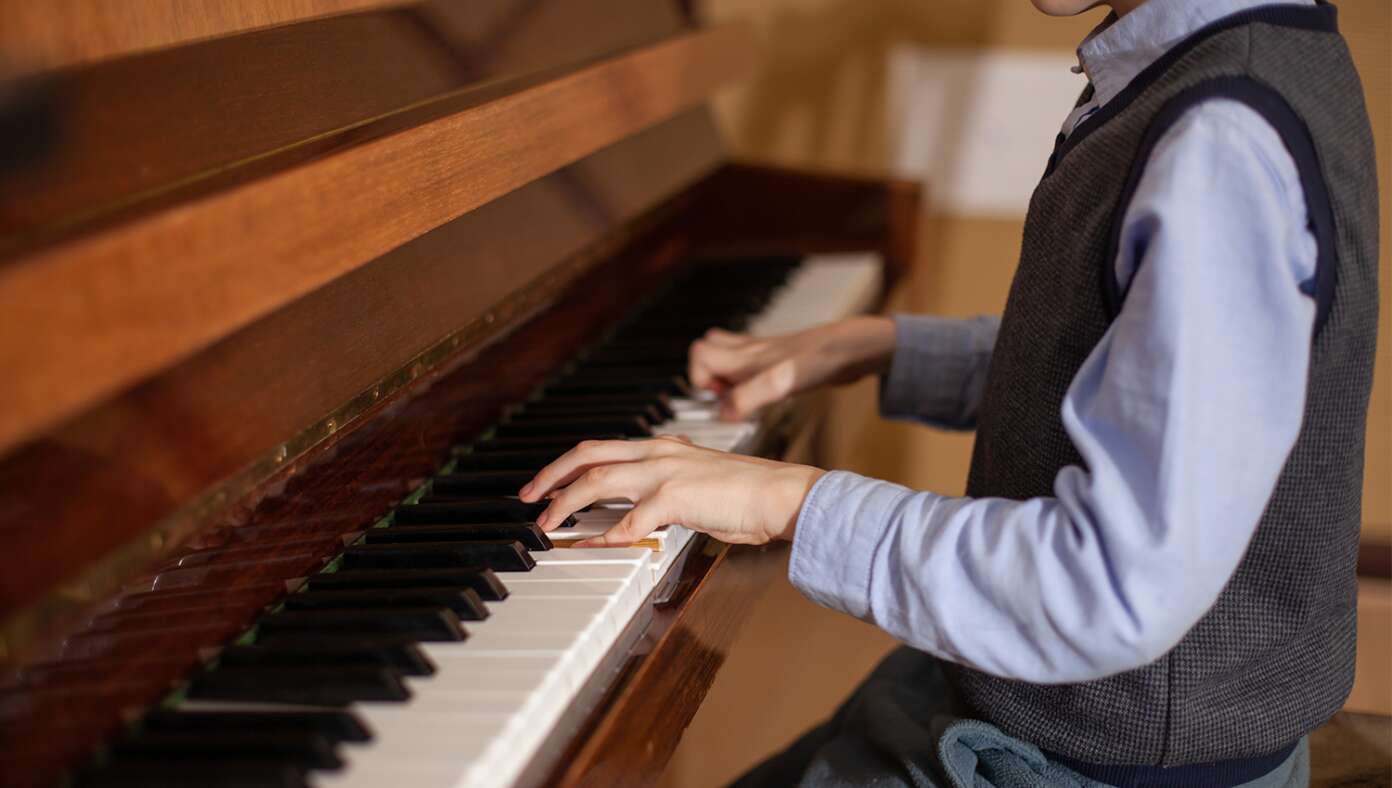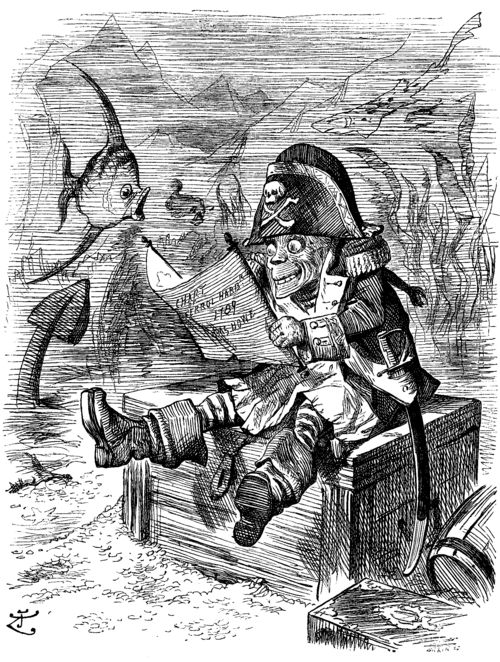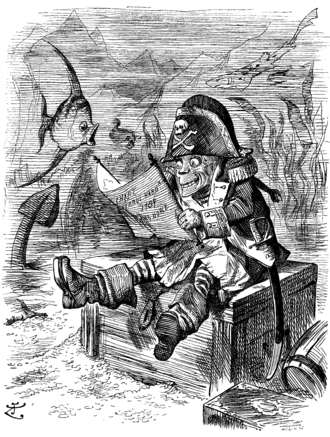
GREENSBORO, NC — A local mother and father joined the crowd gathered for another round of musical recital performances on Saturday, as their son patiently awaited his turn to butcher "Für Elise."
Read More
GREENSBORO, NC — A local mother and father joined the crowd gathered for another round of musical recital performances on Saturday, as their son patiently awaited his turn to butcher "Für Elise."
Read More
| Picture of the day |
|---|

|
|
Illustration of Davy Jones sitting on his locker, wearing a pirate captain’s uniform. Today is Halloween.
|